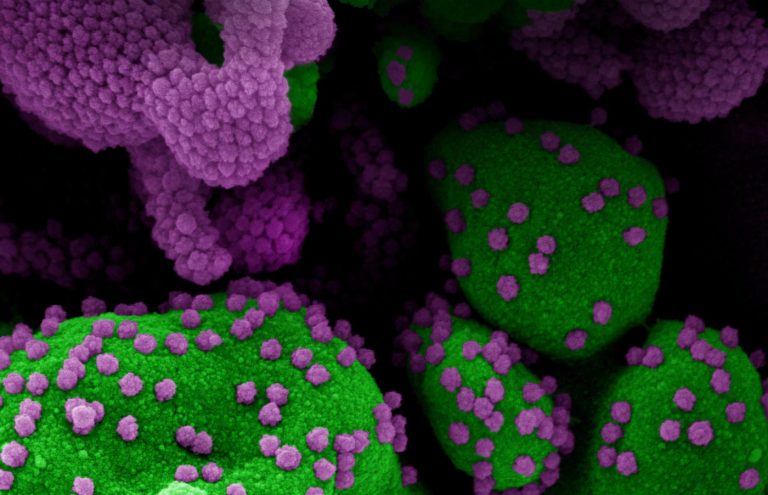
San Diego-based bioinformatics firm ROSALIND, formerly known as OnRamp Bio, has launched an online platform to monitor the emergence of new SARS-CoV-2 variants and help test manufacturers assess whether the accuracy of their tests will be impacted by them.
ROSALIND developed its new diagnostic monitoring system with funding from the National Institutes of Health through the Rapid Acceleration of Diagnostics (RADx) initiative, which was set up to speed up innovation in COVID-19 test development.
The funding for ROSALIND’s platform came through the RADx Tech arm of the initiative, which is looking to encourage development, validation and commercialization of COVID-19 tests and has a budget of $500 million. There are three other arms of RADx—Underserved Populations, Radical (non-traditional approaches) and Advanced Technology Platforms— with a total planned investment of $930 million for all three.
In recent months a number of SARS-CoV-2 ‘variants of concern’ have arisen in various countries that are increasing transmissibility of the virus and, in some cases, making available vaccines less effective.
There is concern that diagnostic tests developed earlier in the pandemic may no longer be as accurate due to these variants. Indeed, the FDA released an alert in January warning healthcare providers and clinical laboratory staff about the risks of false negative results and highlighting three tests in particular that were likely to be impacted. It also urged test developers to check and, if necessary, update their tests when needed.
RADx Tech issued a specific request for bioinformatics system proposals to address this issue and ROSALIND was awarded the contract late last month. The company developed its platform with the aim of allowing test manufacturers the chance to stay ahead of potential problems and to be able to update their tests accordingly.
The ROSALIND Diagnostic Monitoring system is designed to be user friendly, provide rapid and regular updates about variants of concern and their distribution, and assess the impact of these variants on available diagnostic test performance.
Named after the pioneering scientist Rosalind Franklin who worked with Watson and Crick to discover the structure of DNA, ROSALIND has a focus on genomic data analysis and bio-informatics. The company normally works with researchers to make data more accessible in order to accelerate precision medicine development, but like many others is now helping combat COVID-19 using its technology.
“With all the complexity in the SARS-CoV-2 sequence data and the many different types of diagnostic tests—PCR, antigen, CRISPR, and more—we understood right from the start that diagnostic manufacturers and agencies needed an intuitive platform where they could define their tests and immediately detect potential issues against all available sequence data,” said Jean Lozach, CSO at ROSALIND.
“ROSALIND continuously queries each test against a database of all available sequencing data and emerging variants. When a risk is detected, an alert is sent via a secure message with a report out of the findings. After receiving the alert, users can engage with interactive dashboards to investigate variant details and look up specimens for wet-lab verification of in silico assessments.”













